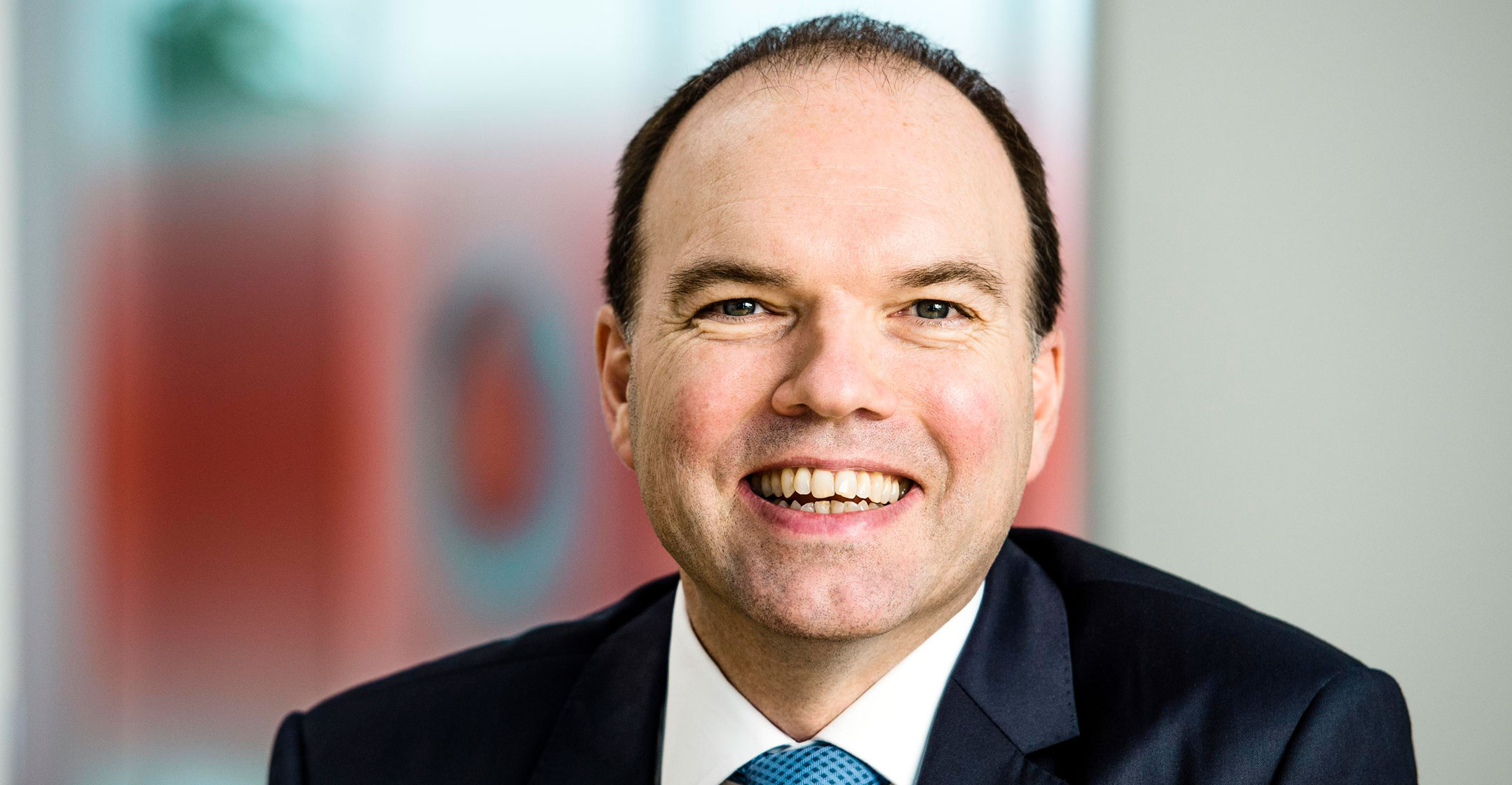
Vodacom Group parent, UK-headquartered Vodafone Group, has agreed to sell its Hungarian unit in a deal valued at €1.8-billion including debt as part of its plan to simplify its sprawling business.
The company sold the assets to 4iG Public and Corvinus Zrt, a Hungarian state holding company, Vodafone said in a statement on Monday. The companies aim to close the acquisition by the end of the year, and VOIS, Vodafone’s IT and business support venture, isn’t included in the deal.
The combination with 4iG will create the second largest mobile and fixed communications company in the country, the company said in the statement. It will go towards the government’s strategy of creating a “national champion in the ICT sector”, Vodafone CEO Nick Read said.
Read: Vodafone to sell Ghana operation to Telecel
The deal fits into a pattern of expanding state ownership in the economy under Prime Minister Viktor Orban’s 12-year rule, while helping businesses close to the premier acquire prized assets, which have included businesses in the banking, insurance, energy, aviation, telecommunications and media industries. The state plans to take a 49% stake in the asset via Corvinus while 4iG, an IT and telecoms company that relies on state contracts, will get the remaining 51%.
The government plans to label the assets as strategically important, economic development minister Marton Nagy said in a statement. That means the purchase won’t face regulatory scrutiny. Vodafone has about three million mobile customers and 738 000 fixed broadband customers in Hungary, according to filings.
Read: Vodafone, once a mobile pioneer, faces an uncertain future
Although Hungary is one of Vodafone’s smaller units, its planned divestment shows Read’s ongoing effort to simplify the business, which has also included the sale of Vodafone operations in Ghana, New Zealand, Malta and Qatar. The business has also spun out its mobile masts into a separate infrastructure business and consolidated its African assets into its Vodacom subsidiary. Next, Read said he wants to consolidate Vodafone in key markets like Italy, the UK and Portugal.
After almost three decades of global expansion riding the global proliferation of wireless services, Vodafone has retrenched and focused on core markets in Europe and Africa. Telecoms shareholder returns have dwindled facing regulation, fierce competition, demands for relentless investment in networks and the loss of revenues from services like messaging. — Thomas Seal and Zoltan Simon, (c) Bloomberg LP

